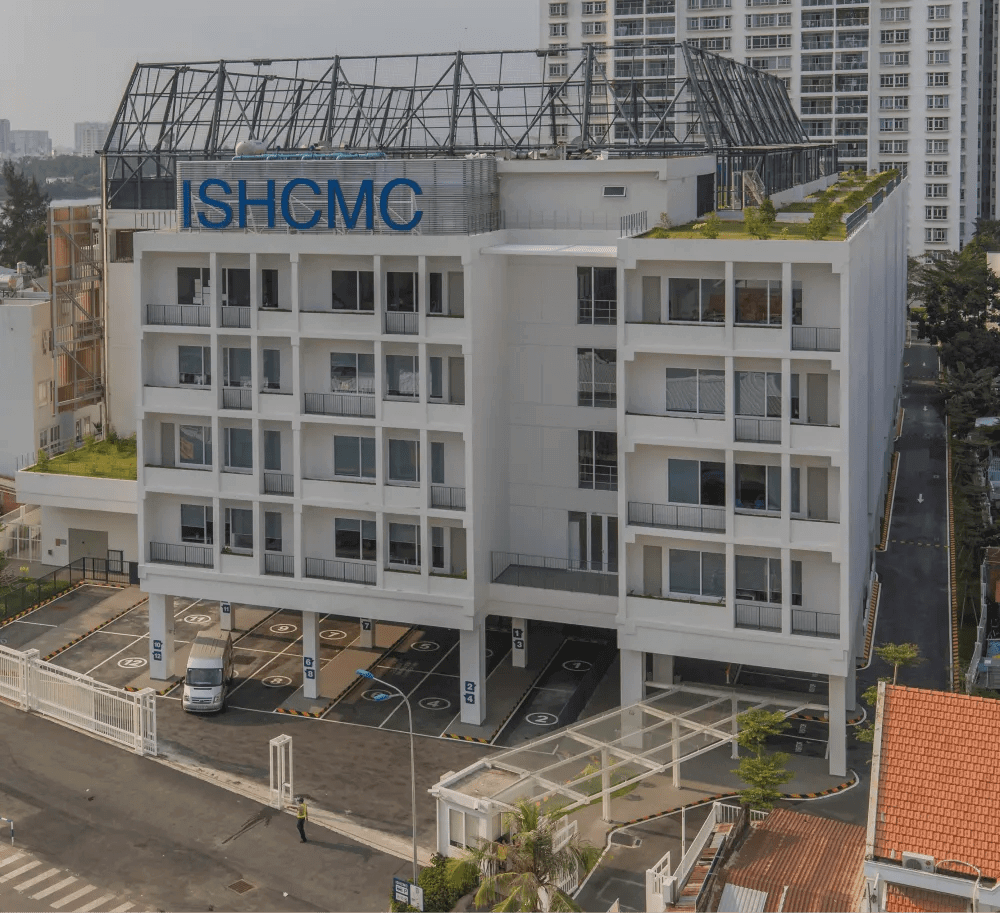IB Certificate vs IB Diploma: Key Differences & Choosing Guides
The International Baccalaureate (IB) program offers high school students two main pathways: the IB Certificate and the IB Diploma. While both are part of the broader IB framework, they serve different academic needs and aspirations. The following section outlines the key differences between the IB Certificate and Diploma, helping students choose the path that aligns with their goals.
What is IB Certificate?
The IB certificate curriculum is designed for students to focus on specific courses among six subject groups.
Students have flexibility to take particular courses in accordance with their academic interests or intended careers. This curriculum provides learners with specialized education while mitigating the pressure of completing the full IB diploma.
What is IB Diploma?
The IB Diploma Programme is an intellectually challenging, yet balanced pre-university course of study. Students must take six subjects and complete core components: Theory of Knowledge (TOK), the extended essay, and a Creativity, Activity, and Service (CAS) project. This well-rounded program helps globally-minded students prepare for both university life and life beyond
Key Differences Between IB Certificate and IB Diploma
Following are some of the critical differences between IB Certificate and IB Diploma that need to be considered by students when choosing any one of these two programs:
Flexibility
The IB Certificate permits students to concentrate on individual subjects only, thus giving the student the flexibility to tailor their education according to their needs without additional core components required of the full Diploma Program.
Curriculum
The IB Diploma is holistic and rigorous. In addition to completing the core components, namely TOK, an extended essay, and CAS project, students have to take six subjects in total. The general framework allows for developing well-rounded, globally-minded students, preparing them for university and beyond.
Qualifications
The IB Diploma Programme offers internationally recognized and highly regarded qualifications. In contrast, the IB Certificate provides a subject-specific qualification, with varying weights depending on individual expertise.

Applying for college with IB Certificate and IB Diploma
Universities often favor the IB Diploma for its holistic approach, offering advanced placement or college credit. The IB Certificate may provide college credit but generally holds less weight in applications.
Course Load
The IB Diploma demands a heavier workload with its six subjects and core components. The IB Certificate, however, only requires students to complete their chosen subjects, offering a lighter and more manageable academic load.
Additional Requirements
Besides this, students of the IB Diploma need to meet additional requirements: the TOK course, extended essay, and CAS activities. This is not the case with the IB Certificate, which does not include such elements and allows more ease in planning one’s courses.
Exams
Both the IB Diploma and IB Certificate involve exams for the subjects students take. However, Diploma students also need to complete internal assessments and meet core requirements like TOK and the extended essay, which adds to the complexity of their assessment.
Global Recognition
The recognition of the IB Diploma across various top universities worldwide provides students with a competitive edge in college applications. The IB Certificate would not carry as much weight in university admissions as the full diploma does.

Time Commitment
The IB Diploma requires significant time to balance six subjects and core elements, while the IB Certificate offers more flexibility by allowing students to focus on specific subjects.
Career vs. Academic Focus
The IB Diploma is all-rounded in education and, therefore, excellent for those students pursuing careers based on academic merit. In this regard, the IB Certificate will be an ideal choice for students who are willing to concentrate and develop their skills and subjects relevant to their future career intentions.
Which Curriculum Should You Choose: IB Certificate or IB Diploma?
The choices between an IB Certificate and an IB Diploma are based on academic goals, future university plans, and personal strengths. If students really wish to make it big in very top universities and seek an all-around education, then they should opt for an IB Diploma.
The IB Certificate offers more flexibility for students pursuing specialized subjects without undergoing the whole diploma program. It is always advisable to consult school counselors or the IB coordinator to help make the best decision.
Finding the Best Fit for Your Future at ISHCMC!
At the International School Ho Chi Minh City (ISHCMC), students follow a comprehensive and globally recognized curriculum. ISHCMC seeks to offer three relevant IB programs that include:
- International Baccalaureate Primary Years Programme (IB PYP): It develops the whole child and helps young learners develop inquiry-based learning skills.
- International Baccalaureate Middle Years Programme (IB MYP): It acts as a bridge between primary and secondary education, helps develop creativity, and encourages critical thinking.
- International Baccalaureate Diploma Programme (IB DP): It prepares students for university and beyond, focusing on academics and essential life skills.

Our core programs provide students with a holistic education approach, facilitating an essential mindset toward challenges and opportunities during the learning journey. Your choice between the IB Certificate vs IB Diploma depends on your personal academic and career objectives. ISHCMC will provide the resources and support needed to ensure your best choice, whether it is a flexible program or an all-inclusive curriculum.
Apply now to ISHCMC and give your child the opportunity to receive a truly international education! See the ISHCMC Admissions page for more information on how to apply.






